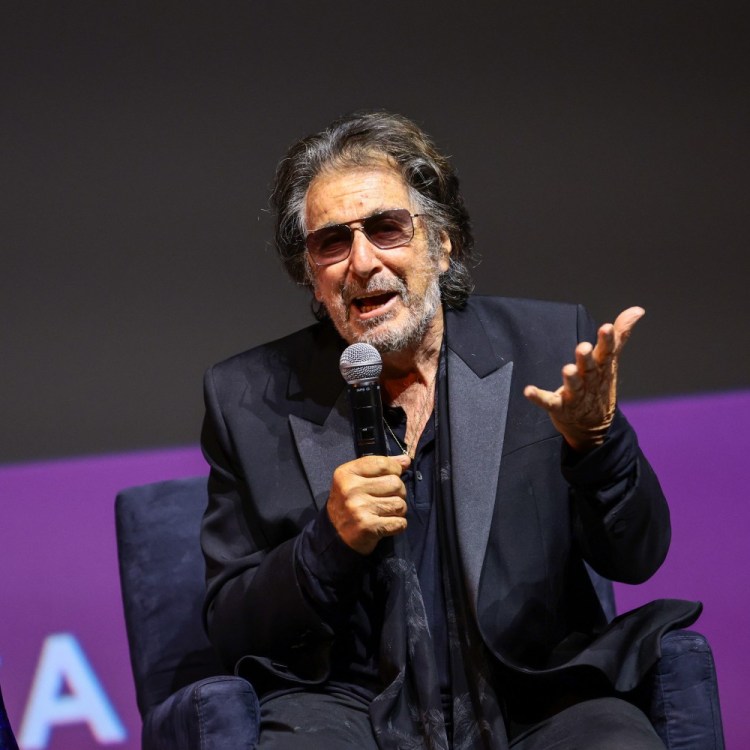With herd immunity likely not possible until fall, we’ve still got a way to go before people start seeing movies in theaters again. With that in mind, MGM announced Thursday that the upcoming James Bond movie No Time to Die has been postponed yet again, this time being pushed to Oct. 8 of this year.
This is the third time the highly anticipated spy movie has been delayed due to the pandemic. It was originally slated to premiere in North America on April 10, 2020, and was the first major film to be postponed due to COVID-19, shifting its release date to November 25, 2020, and then April 2, 2021. But while MGM has opted to keep pushing the Bond movie back for as long as they have to in order to get it a wide theatrical release, plenty of other studios have decided to release their high-profile movies — including awards contenders like Promising Young Woman and potential blockbusters like Wonder Woman 1984 — simultaneously to a small number of theaters and streaming platforms for a hybrid release. Others, like Pixar’s Soul, skipped theaters entirely and landed exclusively on streaming services as a result of the pandemic.
So why is No Time to Die the only major release that seems intent on holding out for a traditional theatrical run?
Ultimately, it all comes down to money. The action movie had a massive budget — estimated to be $250 million — and that’s just how much it cost to make the movie, not market it. As CNBC notes, “Adding marketing costs, which are typically half of what is spent on production, MGM needs to recoup at least $400 million.”
That’s $400 million to break even, and obviously the studio would like to turn a profit on a movie like No Time to Die. That doesn’t seem possible with a hybrid release. Wonder Woman 1984 has grossed just $35.8 million domestically since Christmas; under normal circumstances, that’s what it would be expected to make in a single day. (And in fact, it’s less than the $38.2 million its predecessor, Wonder Woman, earned on its opening day domestically in 2017.) With that in mind, it seems like holding out for a traditional theatrical release is a no-brainer for a big-budget blockbuster.
“Given the uncertainty of the marketplace, a change of date is certainly better than a change of venue so to speak from big screen to small screen,” Paul Dergarabedian, senior media analyst at Comscore, told CNBC.
By waiting until fans can return to theaters in droves, MGM is hoping they’ll be able to match the box office success of 2015’s Spectre, which brought in $879 million globally, or 2012’s Skyfall, which raked in a whopping $1.1 billion.
“Those who have their eye on the long game understand that for a film like Bond, and many others, the prestige, exclusivity, and revenue generating potential of the movie theater is still undeniable and indeed still worth waiting for,” Dergarabedian said.
Thanks for reading InsideHook. Sign up for our daily newsletter and be in the know.

















